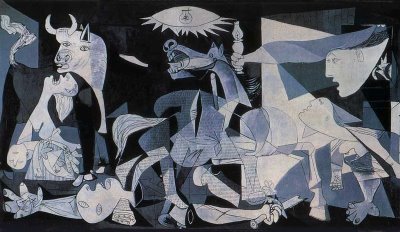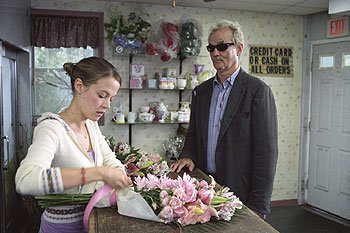
including three Nobel Prize recipients
The latest chapter of the conflict between Israel and Palestine began when Israeli forces abducted two civilians, a doctor and his brother, from Gaza. An incident scarcely reported anywhere, except in the Turkish press. The following day the Palestinians took an Israeli soldier prisoner--and proposed a negotiated exchange against prisoners taken by the Israelis--there are approximately 10,000 in Israeli jails.
That this "kidnapping" was considered an outrage, whereas the illegal military occupation of the West Bank and the systematic appropriation of its natural resources--most particularly that of water--by the Israeli Defense (!) Forces is considered a regrettable but realistic fact of life, is typical of the double standards repeatedly employed by the West in face of what has befallen the Palestinians, on the land allotted to them by international agreements, during the last seventy years.
Today outrage follows outrage; makeshift missiles cross sophisticated ones. The latter usually find their target situated where the disinherited and crowded poor live, waiting for what was once called Justice. Both categories of missile rip bodies apart horribly--who but field commanders can forget this for a moment?
Each provocation and counter-provocation is contested and preached over. But the subsequent arguments, accusations and vows, all serve as a distraction in order to divert world attention from a long-term military, economic and geographic practice whose political aim is nothing less than the liquidation of the Palestinian nation.
This has to be said loud and clear, for the practice, only half declared and often covert, is advancing fast these days, and, in our opinion, it must be unceasingly and eternally recognized for what it is and resisted.
PS: As Juliano Mer Khamis, director of the documentary film Arna's Children, asked: "Who is going to paint the 'Guernica' of Lebanon?"
John Berger, Noam Chomsky, Harold Pinter, José Saramago, Eduardo Galeano, Arundhati Roy, Naomi Klein, Howard Zinn, Charles Glass, Richard Falk, Gore Vidal, Russell Banks, Thomas Keneally, Chris Abani, Carolyn Forché, Martín Espada, Jessica Hagedorn, Toni Morrison.
This letter has been printed in newspapers throughout the world, including The Nation, Le Monde, El País, The Independent and La Repubblica.

